Apple, LG, Samsung, Huawei and others could be collateral damage from the latest trade battle
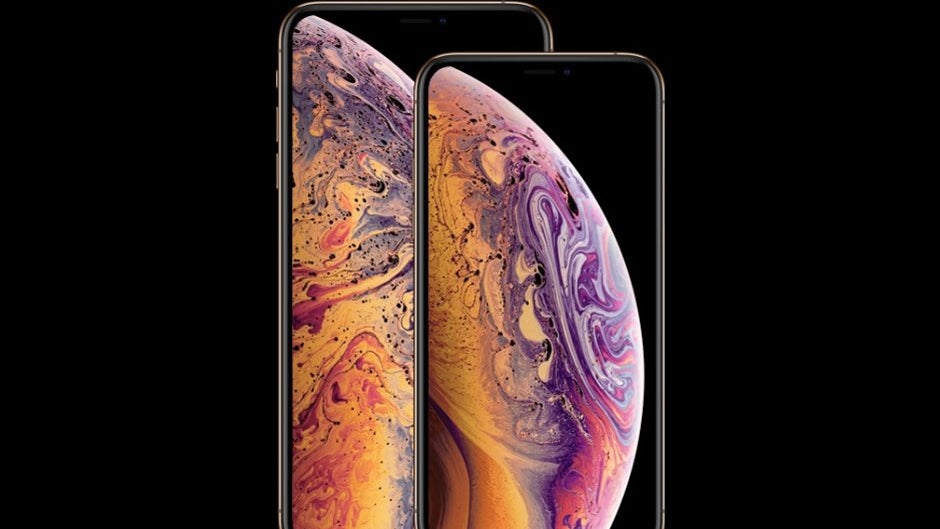
While an uneasy truce settles over the U.S.-China trade war, there are now animosities being hurled by Japan against South Korea and vice versa. And companies like Apple, Huawei, LG, and Samsung could be caught up in the crossfire. As we told you late last month, starting today Japan is restricting the export of fluorinated polyimide and resist and high-purity hydrogen fluoride (HF) to South Korea. These materials are used in the production of smartphone displays in the country by LG and Samsung, and to manufacture memory chips by Samsung and SK Hynix Inc. Japan accounts for 70% to 90% of the world's supply of these materials.
Japanese exporters will now require permission from the government to ship the aforementioned materials to South Korea, a process that could take up to 90 days for each request. This could slow the production of OLED panels produced by LG and Samsung for the Apple iPhone and other customers. It could also negatively impact LG and Samsung's production of displays and components for their own devices as well.
The fight started over a ruling made last October by the South Korean Supreme Court. The Court ruled that Japan must pay hundreds of thousands of dollars in compensation to South Koreans who were forced to work for Japan's Nippon Steel during World War II. Today, Reuters reports that the Koreans are ready to retaliate. South Korean Trade Minister Yoo Myung-hee said that the actions taken by the Japanese government could pose a huge threat to the global supply chain. And if there's one thing that tech companies should have learned from the U.S. ban on Huawei, it is the importance of having an open supply chain.
Apple and other manufacturers could face shortages of OLED panels this year
Right now, the only retaliation that South Korea can even consider taking is "diplomatic countermeasures," including filing a complaint with the World Trade Organization (WTO). Yoon Do-han, press secretary to South Korean President Moon Jae-in said in a statement, "We will explain to major countries about the unfairness of Japan’s action and the fact that this violates the principle of free trade." However, South Korean Finance Minister Hong Nam-ki said that it might take a long time for the WTO to make a ruling on the dispute. In the meantime, Apple, Huawei, LG, and Samsung could suffer collateral damage.
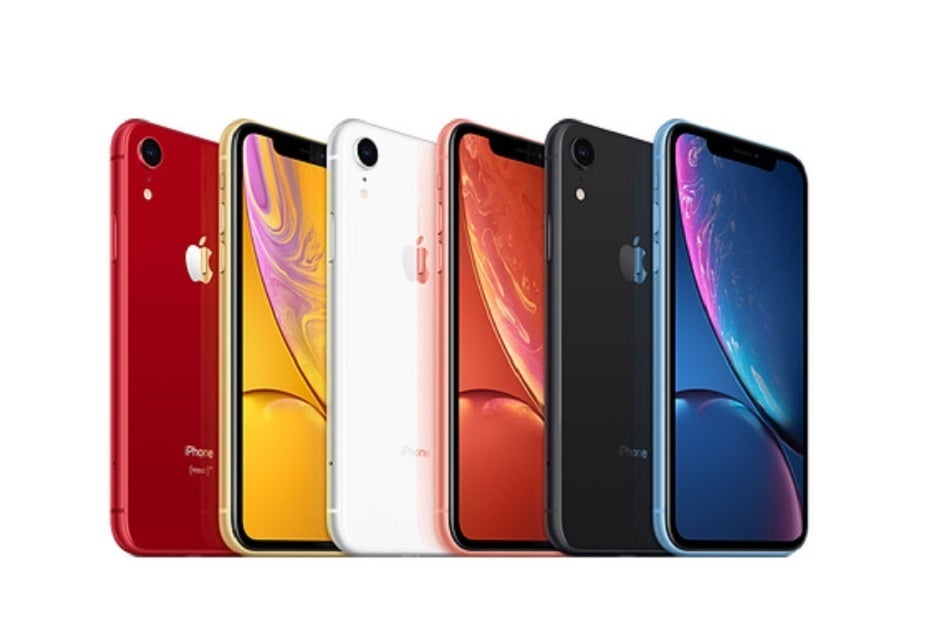
Apple sources the LCD panels for the iPhone XR from Japan Display
"Implementing corresponding measures against Japan cannot be ruled out. [This could cause] unfortunate damage to both Korean and Japanese economies."-Hong Nam-ki, Finance Minister, South Korea
Not too many suppliers can handle deliveries of OLED panels in the quantity and quality that Apple orders, and if this battle between the two nations lingers, it can have a serious impact on 2019 iPhone production. While Apple does source LCD panels for the iPhone XR and older models from Japan Display, the latter has not been able to prove that it can handle the kind of OLED production Apple demands. Sure, Japan Display manufacturers the AMOLED screens used on the Apple Watch, but those panels are extremely small compared to the larger screens required for the iPhone. Apple did recently agree to invest $100 million in Japan Display and give the company some additional orders for LCD panels that were originally supposed to be produced in China.
With speculation that the 2020 redesigned iPhones will all sport OLED screens, Apple might want to explore the possibility of moving some of its OLED production out of South Korea as a precaution. Even if Japan and South Korea patch up their relationship, it is becoming apparent that smartphone manufacturers cannot afford to rely on suppliers in just one or two countries to keep a steady stream of parts and software coming.
Follow us on Google News



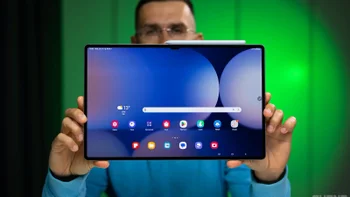

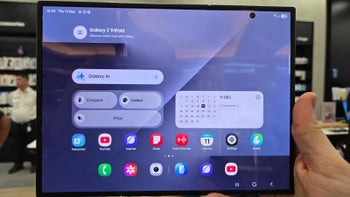
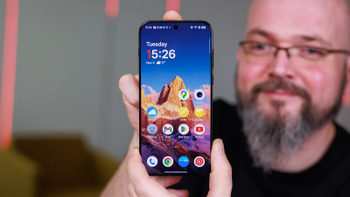




Things that are NOT allowed:
To help keep our community safe and free from spam, we apply temporary limits to newly created accounts: